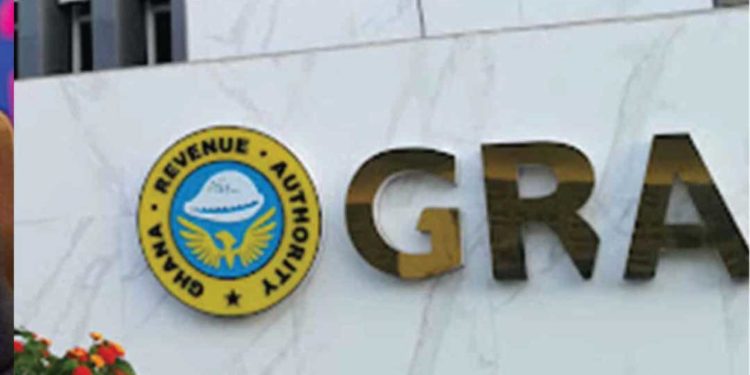Domestic Revenue Mobilisation Boost: GRA Targets Addition of 8 Million New Taxpayers
The Ghana Revenue Authority (GRA) is aiming to add some eight million new taxpayers to the country’s existing 19 million registered taxpayers.
The Authority expects to achieve its target through its newly unveiled two flagship initiatives – the Sustained Tax Education Programme and the Modified Taxation Scheme (MTS) – aimed at generating an additional GHS 40 billion in domestic revenues over the next few years.
The new initiatives form part of government’s broader strategy to strengthen internal revenue mobilization and reduce reliance on foreign aid and borrowing.
Commissioner-General of the GRA, Anthony Kwasi Sarpong, said the programmes mark one of Ghana’s most ambitious revenue expansion drives in recent years, noting that a successful rollout could reshape the country’s fiscal outlook and boost funding for critical national development priorities.
In the first phase, the Authority aims to register two million new taxpayers, mainly from the informal sector, within the next three years. The GRA projects that this phase could yield up to GHS 10 billion in additional revenue.
The phase will focus on small businesses, artisans, and self-employed individuals who typically operate outside the formal tax system. The newly launched Modified Taxation Scheme (MTS) allows taxpayers to meet their obligations through a simplified flat rate of 3 percent, payable via a mobile application.
According to the GRA, the MTS app eliminates the complexities of traditional tax filing processes.
“With just a few taps on your phone, you can fulfil your tax obligations. The aim is to remove the fear and confusion around taxes and make the process as seamless as mobile money,” the Authority explained.
The second phase, set to roll out after 2028, will seek to bring an additional six million taxpayers into the tax net, tripling the reach of the initial phase. This phase is expected to mobilize GHS 30 billion in extra revenue.
The GRA plans to deepen its sustained tax education efforts by collaborating with schools, business associations, churches, and community groups to enhance public awareness.
The goal is to make tax literacy a core part of civic education, ensuring that every Ghanaian understands the purpose and benefits of taxation.
Economists say if the GRA achieves its revenue targets, Ghana’s fiscal and developmental landscape could experience a significant transformation.
The additional funds could be channelled into infrastructure, education, and healthcare, while reducing the nation’s dependence on external borrowing, a major driver of public debt.
Enhanced domestic revenue mobilization is also expected to strengthen investor confidence by lowering fiscal risks and promoting macroeconomic stability.
Commissioner-General Sarpong underscored the importance of collective responsibility in funding national development.
“Our progress as a nation depends not on external aid but on our collective commitment to raise domestic revenue for our common good,” he stated at the launch.
With the potential to raise GHS 40 billion, the GRA’s new tax reforms may set the tone for Ghana’s next phase of sustainable socio-economic growth.








